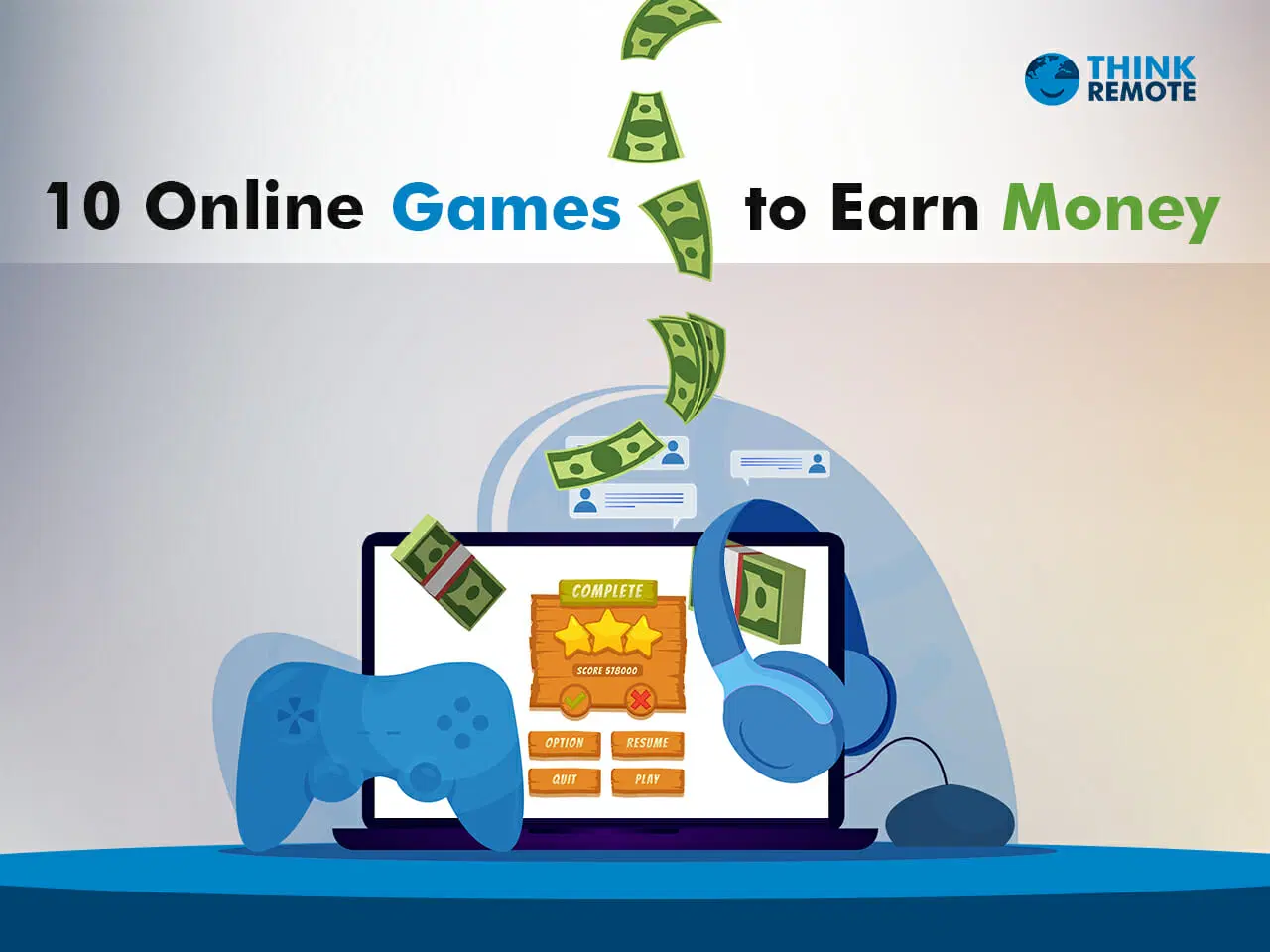Top Strategies for Success in Play to Earn Games and Maximizing Earnings
Top Strategies for Success in Play to Earn Games and Maximizing Earnings
Blog Article
How Play-to-Earn Games Are Reinventing the Pc Gaming Sector

Comprehending Play-to-Earn Mechanics
The play-to-earn version has actually emerged as an innovative principle within the gaming market, essentially modifying the partnership in between gamers and the video games they involve with. This version enables players to make tangible rewards, typically in the type of cryptocurrencies or non-fungible tokens (NFTs), with their in-game activities. Unlike conventional video gaming frameworks that normally generate income from through membership charges or one-time purchases, play-to-earn games incentivize gamer involvement by directly linking gameplay achievements to real-world value.
At the core of play-to-earn technicians is the integration of blockchain modern technology, which ensures openness and conclusive possession of in-game possessions. Players can acquire, market, or trade these possessions in decentralized marketplaces, equipping them with financial agency formerly hidden in standard video gaming atmospheres. Each player's contribution to the game ecological community-- be it via skillful play, critical trading, or neighborhood involvement-- improves the overall gaming experience while giving them a possibility to produce income.
As gamers invest time and sources, they not just deepen their involvement with the video game but additionally promote a dynamic economy that shows their collective initiatives (play and earn rewards). This improvement of gameplay into a monetizable endeavor is improving both player inspiration and game design
Financial Influence On Gamers

In addition, play-to-earn versions equalize access to economic benefits. Gamers from varying socio-economic backgrounds can participate and potentially gain significant earnings, connecting gaps that exist in conventional work markets. This standard shift fosters economic self-reliance, especially in regions where employment possibility might be limited.
Additionally, the introduction of online economic climates allows gamers to build wide range with tactical financial investments in in-game possessions, which can value gradually. This has caused the development of a brand-new course of gamers that approach play-to-earn as a significant income-generating activity, often causing the reinvestment of earnings right into the gaming environment itself. Ultimately, the economic influence on players is extensive, as they browse a landscape where leisure and source of income converge.
The Function of Blockchain Modern Technology
What makes blockchain technology a cornerstone of play-to-earn video games is its ability to supply transparency, decentralization, and security. By using a dispersed journal system, blockchain makes sure that all purchases within the video game are recorded in an immutable way, enabling players to confirm possession moved here of in-game properties without counting on a central authority. This transparency fosters count on among gamers, as they can individually confirm the shortage and provenance of electronic products, improving their value.
Additionally, blockchain innovation encourages gamers via decentralization, allowing them to take part in peer-to-peer deals. Gamers are no more restricted to in-game economic situations regulated by programmers; rather, they can trade, market, or rent their possessions easily in open markets. This shift not only increases the overall liquidity of electronic properties yet additionally motivates more meaningful player engagement, as customers can straight gain from their time and effort invested in the game.
In addition, blockchain facilitates the creation of clever agreements, which automate different in-game processes, from rewards distribution to administration devices. play and earn rewards. This advancement minimizes the danger of fraud and ensures fair game, more strengthening blockchain's important function in the development of play-to-earn video gaming
Challenges and Criticisms
Regularly, play-to-earn games face substantial obstacles and objections that can hinder their development and approval within the more comprehensive video gaming community. One key worry is the potential for a speculative bubble, where the worth of in-game assets can rise and fall significantly, leading to monetary losses for players. This volatility weakens the stability that standard gaming settings typically use.
Moreover, the assimilation of blockchain technology commonly questions about ecological sustainability. The power usage connected with specific blockchain networks has actually sparked disputes concerning the environmental effect of these video games. Doubters argue that the carbon impact generated by play-to-earn platforms can discourage eco-conscious players.
In addition, there are problems about ease of access and inclusivity. Numerous play-to-earn games require players to spend substantial upfront resources to obtain required assets, developing obstacles for those with limited funds. This version can inadvertently create a divide between wealthier players and those who can not pay for to get involved.
Future Fads in Gaming
As the gaming industry remains to evolve, several future trends are emerging that promise to reshape the landscape of play-to-earn video games and past. One substantial fad is the raising integration of blockchain technology, which boosts openness and protection in purchases. This will likely bring about better trust fund amongst players, motivating wider fostering of play-to-earn versions.
In addition, the increase of non-fungible tokens (NFTs) is readied to transform digital ownership, Gaming platform with rewards permitting gamers to really have in-game assets. This change will certainly not only empower players yet likewise produce new financial chances within the virtual ecosystem. Furthermore, the merging of video gaming with other fields, such as social media sites and decentralized money (DeFi), is anticipated to promote innovative gameplay technicians and monetization strategies.
In addition, innovations in expert system and artificial intelligence will allow extra customized gaming experiences, satisfying specific player preferences and improving interaction. Finally, the growing you could try here focus on community-driven growth will likely influence video game style, as players progressively get involved in shaping their video gaming environments. Collectively, these trends indicate a transformative future for the video gaming sector, where play-to-earn versions will certainly play a central duty in redefining player communication and worth creation.
Final Thought
In verdict, play-to-earn video games stand for a considerable change in the pc gaming sector, fostering economic opportunities through ingenious auto mechanics that take advantage of blockchain modern technology. This version not just equalizes accessibility to monetary advantages for gamers from different socio-economic histories however likewise motivates neighborhood interaction and empowerment. In spite of dealing with difficulties and criticisms, the potential for future developments suggests that play-to-earn games will proceed to form the video gaming landscape, using new opportunities for wealth creation and gamer participation.
The introduction of play-to-earn video games represents a significant change in the pc gaming industry, reshaping the partnership in between players and the digital economy (play and earn rewards).The play-to-earn version has actually emerged as an innovative concept within the pc gaming market, fundamentally altering the partnership between players and the video games they engage with. Unlike traditional pc gaming frameworks that usually monetize via membership fees or single purchases, play-to-earn video games incentivize gamer involvement by directly connecting gameplay accomplishments to real-world value
These cutting-edge video gaming platforms encourage players to generate real-world earnings through their in-game tasks, consequently transforming the traditional idea of video gaming from a mere activity into a viable financial opportunity. Regardless of facing difficulties and objections, the possibility for future developments suggests that play-to-earn games will certainly continue to form the gaming landscape, using new opportunities for wide range creation and gamer participation.
Report this page